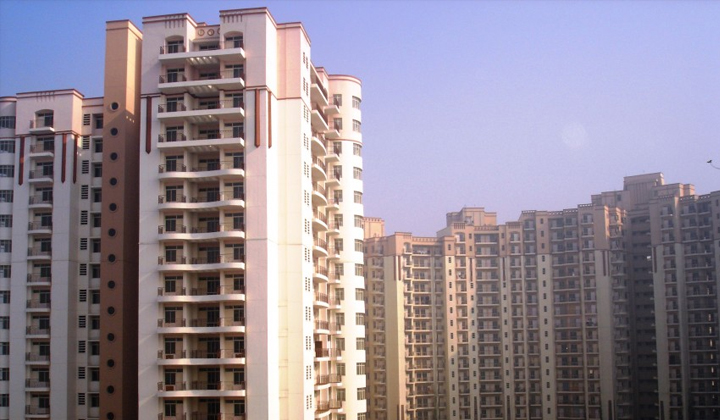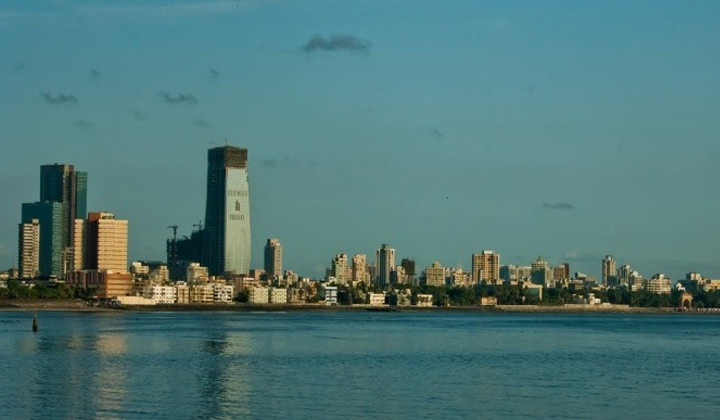Trending Now
- Action should be taken against the cops who protect the Ganja accused in TN : PMK leader Anbumani Ramdoss
- Votes that go to Congress or INDI alliance is a waste : PM Modi
- Court grants one-day custody to police to investigate Youtuber Savukku Shankar.
- We actually got our independence only in 2014. The independence to change this country as it should be : Actor , politician, Kangana Ranaut
Real Estate
Developers Can’t Sell Common Roof Rights
![]() May 11, 2016
May 11, 2016
A terrace or rooftop is a common area of in a residential society which is for the enjoyment and benefit of all its members. Although it has been seen that many developers resort to selling or giving exclusive terrace rights on payment, the practice is illegal.
It is untenable in the eyes of law where one resident gets the right to use the rooftop to the disadvantage of others. If residents choose to wage a legal battle, this may land the developer and the erring resident in soup.
A community hall, a play area, a garden, a stairway, a terrace and elevators are all shared areas and have to be made accessible to all the apartment-owners without any ownership issue. As any repair, replacement and maintenance cost of such common areas has to be borne by all the flat owners collectively, likewise, any income or profits arising from the use of such common areas have to be distributed evenly among all the flat owners.
It has often been noticed that office-bearers in the residents’ welfare societies misappropriate the usage of common areas for either themselves or friends. It should be noted that neither the developer nor the society management can restrict the usage of the common areas in the society.
Pocket terrace
It has been seen that many buildings have terraces on certain floors, below the main terrace on the top floor. Developers often hoodwink the residents and sell these terraces to the adjacent flat owners thereby making huge profits. However, this too is against the law. A terrace that is not accessible from the common areas and is attached exclusively to a flat can only be sold to a flat owner but all other terraces are for the common usage.
It is for the same reason a terrace is not included in the Floor Space Index (FSI) of an apartment. Reason: it cannot be bought or sold.
The landmark judgment delivered in the case of Sri Ramagauri Keshvlal Virani vs Walkeshwar Triveni Co-Operative Society is a case in point. In this case, there was a pocket terrace on the 5th and 7th floor of the building apart from the main terrace on the 8th floor. The flat owner on the 7th floor had two doors from his flat opening in the terrace besides he had also purchased the terrace from the developer. He contended that the entry of other residents to the terrace would disrupt his privacy and also pose a security threat. However, the court held that as the pocket terrace was not exclusively attached to his flat and had a common entrance, therefore, its use cannot be restricted to the disadvantage of the other residents.
Many state enactments also specifically provide for the use of terraces. For example, Maharashtra Ownership of Flats Act, 1963 “MOFA” in section 10(1) and Section 4(1A) (a) (iii), (viii), (x) makes the intention explicitly clear. It states that a developer has no authority or right to sell the terrace to any individual which is the common easement of all the residents.
The residents can complain against the developer by approaching the Consumer Forum and can complain against the society office-bearers with the Registrar of Societies. Additionally, residents may also file a civil suit in a court of law.
























